Cabinet acts globally and ignores the locals
Politicians congratulating themselves over how well national cabinet works have ignored an important voice that could have spared the rest of us a lot of heartache.
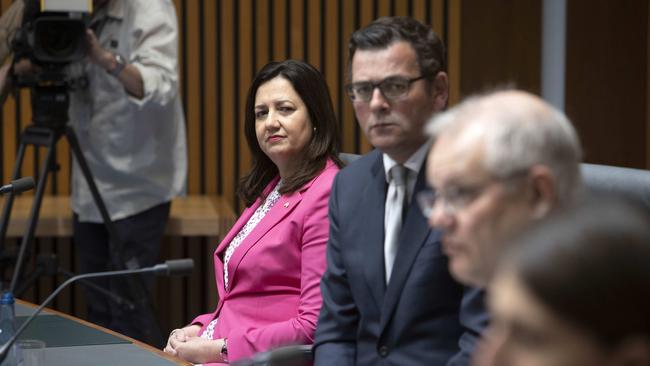
Of course we know that the rise and rise of national cabinet was in the context of the pandemic. Leaders at state and territory levels wanted to be able to talk directly with one another, uninhibited by the banality of bureaucratic processes. Many politicians aren’t as details oriented as they could or should be. Too many party fundraisers and not enough time reflecting.
Because COAG included the bureaucrats, sometimes political leaders felt the process took precedence over the need to achieve outcomes. Forgetting that ends rarely justify means. A sweep of history confirms that reality.
There are always unintended consequences in changes to long-term processes. Even if short-term praise meets the new idea. One of the downsides to the removal of regular COAG meetings is the way in which local government has been left out in the cold. Missing out on a seat at the table.
When national cabinet was conceived the attention on who missed out was focused on the federal opposition. But it was never part of the COAG predecessor anyway.
A perhaps little-known reality of COAG was that local government had a seat at the decision-making table. It wasn’t just chief ministers of the territories infiltrating the space of state and national leaders (the more high-profile representatives).
But territory heads have been retained in the national cabinet process, local government representation has not. If the saying “all politics is local”, coined by former speaker of the US House of Representatives Tip O’Neill, really is true, there hasn’t been much attention paid locally in this country since the start of the pandemic.
That, simply put, must change. Either a seat at the table must be found for local government, or the national cabinet should be replaced by the processes of COAG. A return to the past, as it were.
Our leaders need to understand that Australia has three tiers of government – national, state and local. Just because constitutionally local government can be overridden by state legislatures doesn’t change the fact that it has important work to do. Until it’s abolished it must be heard.
In fact it is local government that often (and usually) has closer contact with the daily lives of constituents than state or national MPs. Which is why it really was barking mad to exclude local government from national cabinet during the pandemic – a time when people needed their local communities more than ever.
Think for a moment about how much better informed those national cabinet debates would have been if those who represent smaller local communities were included during discussions on how border towns might be impacted by state lockdowns or border closures. The need for understanding when it comes to medical treatments between council areas locked down. How hoarding could have been better combated region by region, town by town. And what about the way city-based outbreaks often resulted in harsh shutdowns in regional centres untouched by the pandemic? A seat at the table for local government – which includes local councils in regional Australia – would have been a voice of reason against that outcome.
While it might be easy to simply say that local government is the responsibility of state governments, so the premiers can represent them at national cabinet, that misses the point. State leaders are at the table to represent their entire states, not to put various hats on and off as discussions ebb and flow. Local communities nationwide would benefit from a power structure which gives them a seat at national cabinet, not shared with other constituencies.
Besides, because vertical fiscal imbalance means the commonwealth raises most of the revenue but the states do most of the spending, local government needs direct access to the Prime Minister via national cabinet. The feds fund close to 10 per cent of local government spending.
Plus, the pandemic taught us that politicians in charge of service delivery have power scholars underestimated before the pandemic, even if they don’t control the purse strings. That’s the case for local governments almost as much as is the case for states. Everything from garbage collection to planning provisions to the maintenance of local roads and parks falls under their purview. It doesn’t matter that state governments can legislate over the top of these councils. When states change planning laws at the macro level they often neglect the micro needs of councils.
I’m well aware local government is often forgotten. Even mocked. So when the PM sat down and came up with the idea of national cabinet on the back of a napkin one day, I’m not surprised he left this important tier of government to wither on the vine.
But the time has come to fix that mistake. And it isn’t even a backflip which would see the government lose political skin. It’s not, for example, as politically challenging as the decision-making around the Biloela family. Or whether or not to embrace a 2050 net zero emissions target now that a senior Nationals cabinet minister (Keith Pitt) has declared that he doesn’t think his party would agree to such a policy shift.
Letting local government back in the room where the decisions are made (yes I’ve seen the musical Hamilton) is all upside – unless the Liberal Party has forgotten its federalist roots and is only interested in centralising power and disempowering representatives on the margins. If that’s the case someone needs to alert the Nationals. As the junior Coalition partners they need to be more aware of who they are politically in bed with, given that the Deputy PM and Nationals leader is also shut out of national cabinet.
There is a strong argument that while politicians prefer the simplicity of national cabinet over the policy and bureaucratic complexity of COAG, the latter often guarantees better policy outcomes. While that might be debatable, what is not is the need to get the local government pollies back at the decision-making table. So that local communities are better represented and get heard by those in power
Peter van Onselen is the political editor at Network 10 and a professor of politics and public policy at the University of Western Australia and Griffith University.


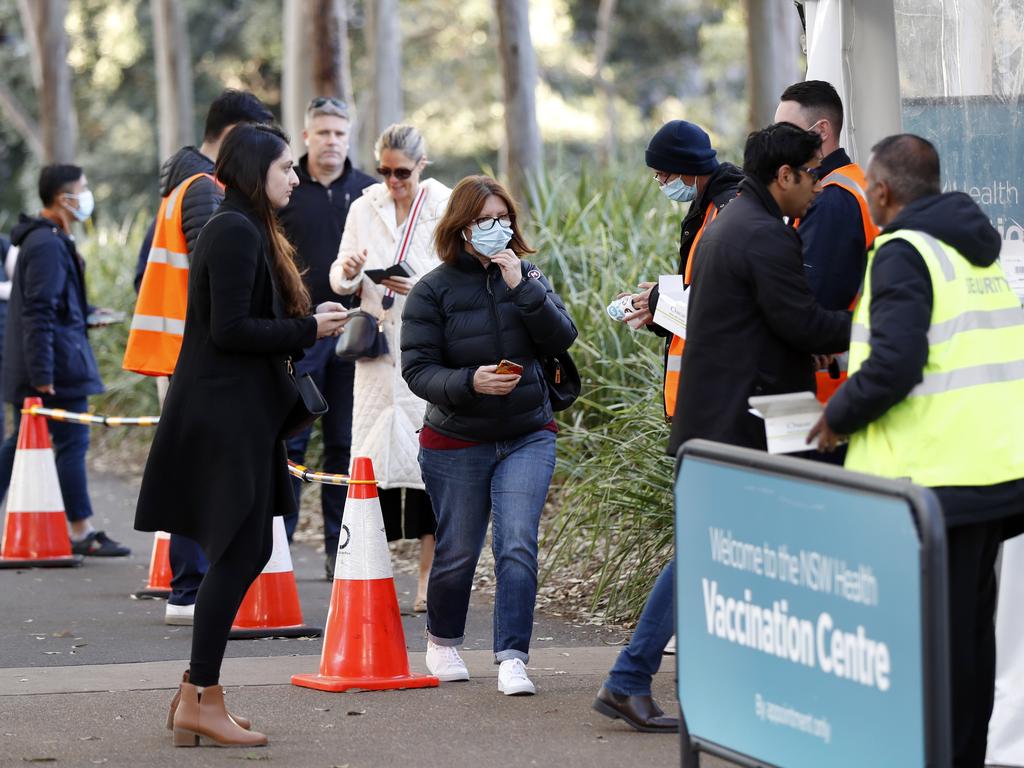

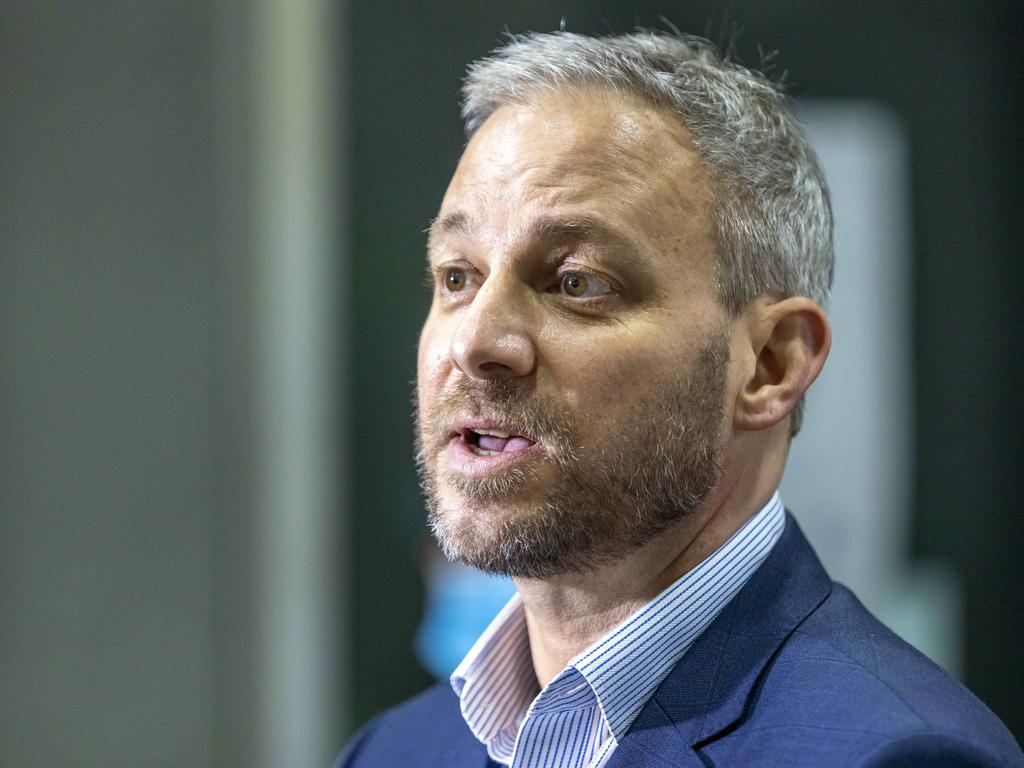
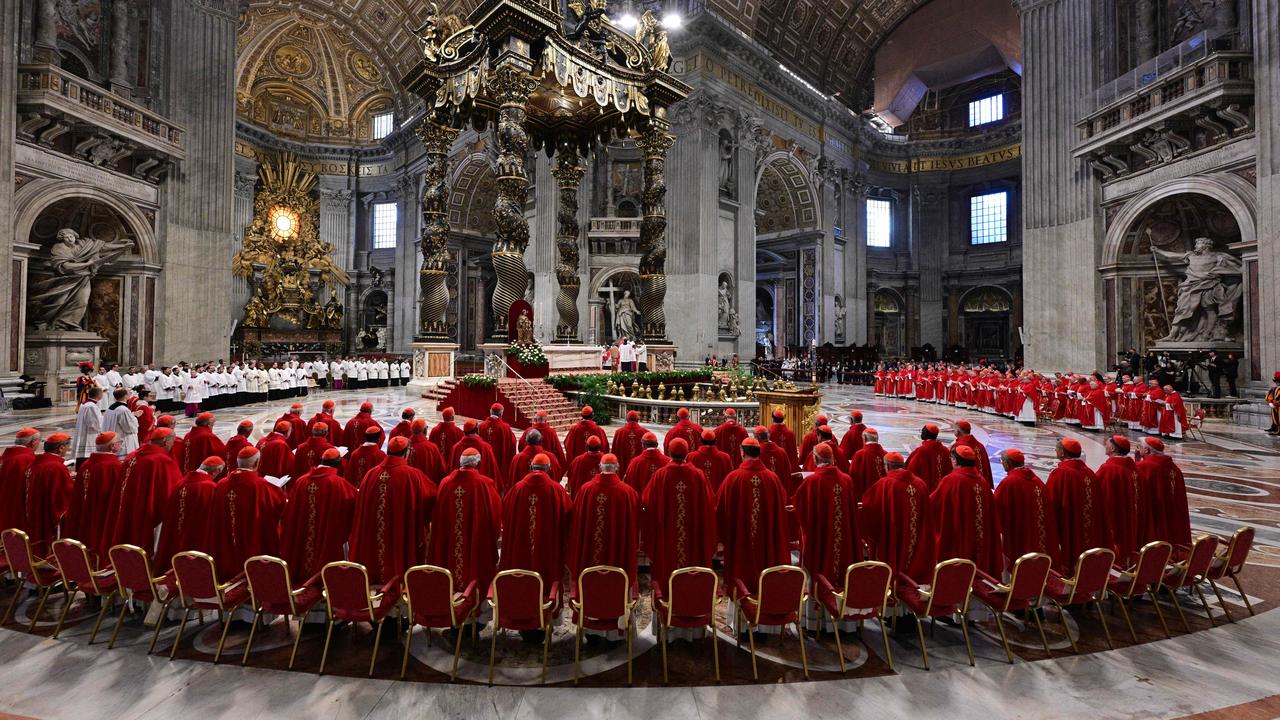
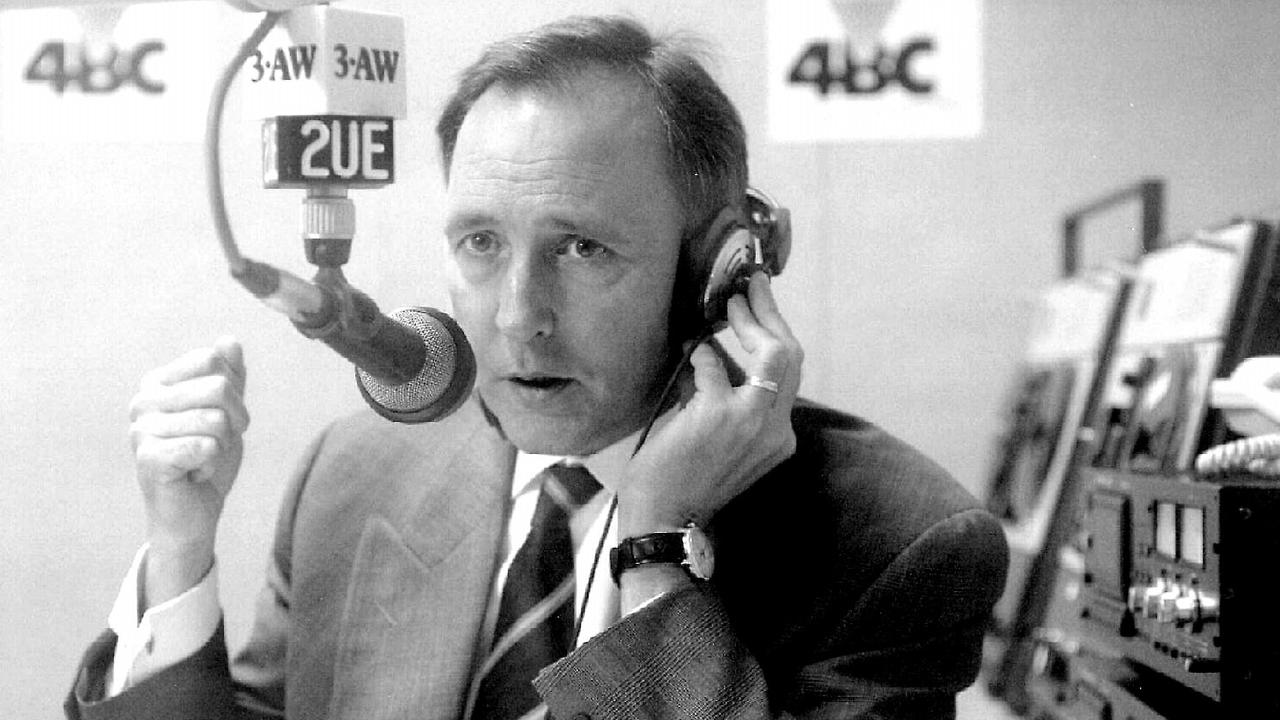
There has been a lot of backslapping among politicians about how well national cabinet has worked since it replaced the regular COAG meetings. Scott Morrison has led the self-praise.